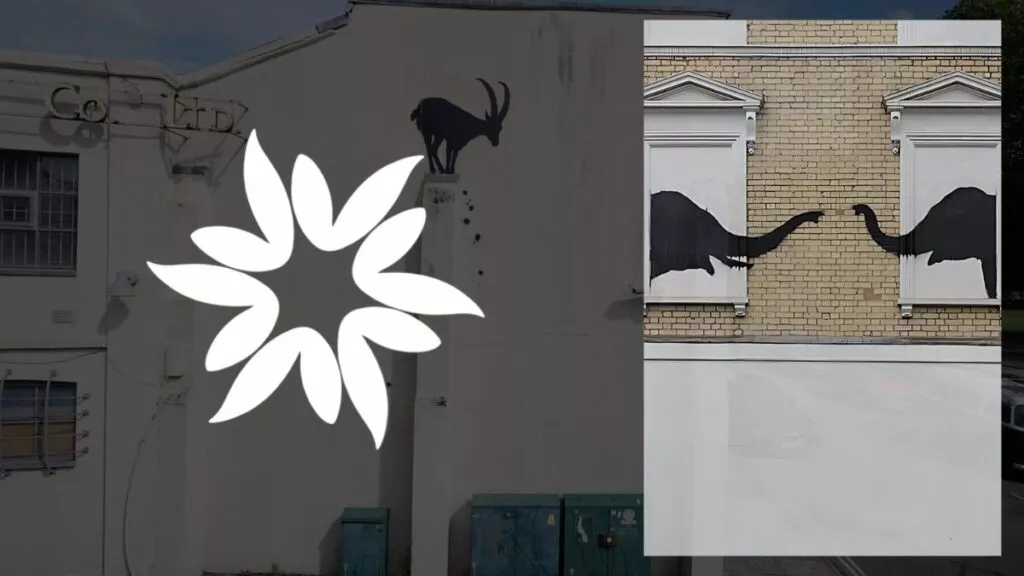Key Takeaways
- The art lending industry has experienced significant growth over the past few years, with major banks such as Bank of America and JPMorgan entering the market, leading to substantial expansion.
- Fractional ownership firms such as Yieldstreet, Mintus, Masterworks, and Securitize navigated a shifting economic landscape during the pandemic, with low interest rates and a surge in disposable income driving their rapid expansion. However, the changing economy presents new challenges as they struggle to attract investors to alternative assets.
- Alternative models for art financing, such as decentralized autonomous organizations (DAOs) like Arkive, are emerging to address these challenges by crowdsourcing funds and direction from member-investors to broker loans of art and ephemera to private and public spaces.
- The future of fractional ownership companies remains uncertain, with some firms claiming to be unaffected by the retail environment while others acknowledge the difficulties of attracting investors in an increasingly challenging financial landscape.
- The Art Business Conference serves as a valuable platform for industry professionals to discuss these challenges and explore potential solutions as the art market adapts and innovates to thrive in the years ahead.
The Art Business Conference in New York has made a triumphant return following its pandemic-induced hiatus.
As major May auctions approach, the event brings together industry professionals to discuss the challenges and opportunities in the art market and art finance sectors.
One of the key topics highlighted during the conference is the struggle faced by firms involved in fractional ownership investment and art lending due to the changing economic landscape.
The Rise of Art Lending as an Industry
Over the past few years, the art lending industry has experienced significant expansion, with collectors increasingly using art as collateral for loans.
This trend has attracted major banks, such as Bank of America, Goldman Sachs, and JPMorgan, to enter the market, leading to substantial growth.
In fact, by 2018, the art lending sector was estimated to be worth $20 billion. These banks reported a growth of up to 30% in their art loan businesses over the year 2021.
Sotheby’s Financial Services, a prominent player in the art lending market, has seen impressive results, with its total portfolio of art loans reportedly reaching around $1 billion.
The firm also achieved a growth rate of 50% between 2021 and 2022. In the US alone, the art lending sector was valued at between $24 billion and $28.2 billion in 2021.
In fact, by 2018, the art lending sector was estimated to be worth $20 billion. These banks reported a growth of up to 30% in their art loan businesses over the year 2021.

Fractional Ownership Firms Navigate a Shifting Economy
The pandemic brought about an economic environment that propelled the growth of fractional ownership firms like Yieldstreet, Mintus, Masterworks, and Securitize.
Low interest rates and a surge in disposable income were some of the factors that contributed to their rapid expansion.
However, the economic landscape has since changed, with global interest rates increasing and inflation running high.
These factors present new challenges for fractional ownership firms as they struggle to attract investors to alternative assets.
For example, Masterworks purchased over $450 million worth of paintings using its cash runway but found it difficult to achieve ambitious sales targets, resulting in staff layoffs.
Mintus faced a different challenge due to a more restrictive regulatory environment in the UK, forcing the company to shift its focus from retail to institutional investors and family wealth offices.
Yieldstreet, which has a diverse portfolio of funds in real estate, law, and art, also experienced layoffs in its art-focused division, Athena.
This was reportedly due to the company’s inability to bounce back from a dip in investor interest that began last summer.
Art Lending and Fractional Ownership: Exploring Alternative Models
Despite the challenges faced by fractional ownership firms, the art lending sector continues to draw interest from investors.
This has led to the emergence of alternative models for art financing, such as decentralized autonomous organizations (DAOs) like Arkive.
Arkive, which raised $9.7 million in funding, presents itself as a lending institution that crowdsources its member-investors for funds and direction on acquisitions.
The organization then brokers loans of art and ephemera to private and public spaces. By doing so, Arkive aims to decentralize the art market and provide new opportunities for investors.
The future of fractional ownership companies remains uncertain as the economic climate continues to shift.
While some firms, such as Masterworks, claim to be unaffected by the retail environment, others, like Yieldstreet and Mintus, acknowledge the difficulties of attracting investors in an increasingly challenging financial landscape.
As the art market evolves, the Art Business Conference serves as a valuable platform for industry professionals to discuss these challenges and explore potential solutions.
With a changing economy, new regulations, and alternative models emerging, the art market will need to adapt and innovate to thrive in the years ahead.








